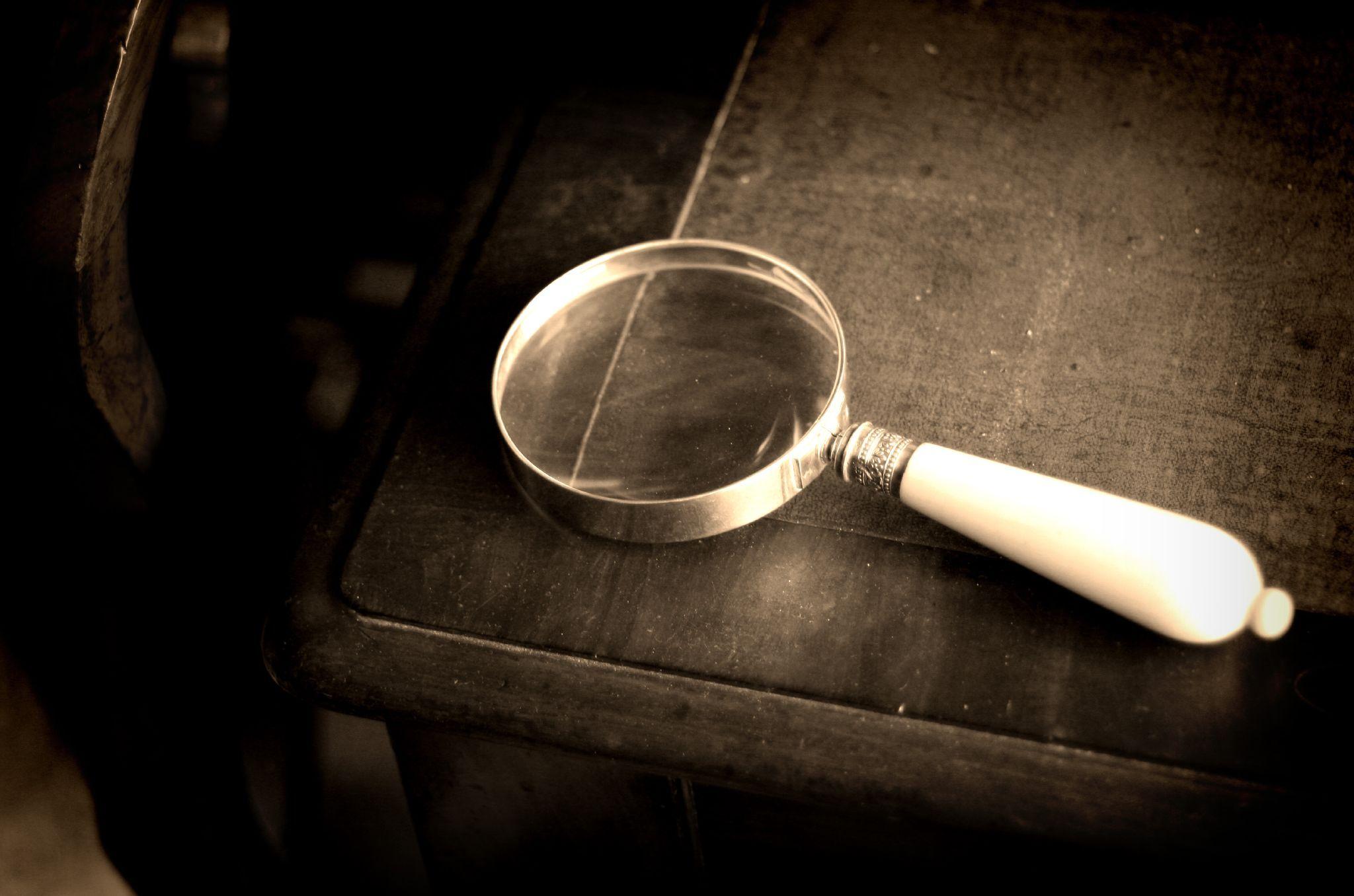Whenever it pertains to critical issues like unfaithfulness, investigative screenings, or lost individuals, hiring a independent investigative professional can offer the understanding and solutions you are looking for. However, the task of selecting the right detective can appear daunting, especially when you consider the numerous choices available. Given the many PI firms in the market, it is important to know what to look for in a private investigator to guarantee you find a professional who is capable, reliable, and discreet.
In the following guide, we will support you comprehend the essential qualities and considerations when hiring a private investigator. From comprehending the different services provided to noticing warning signs in private investigation services, we aim to equip you with the knowledge needed to reach an educated decision. Whether you seek monitoring, personal history reviews, or support during a court case, understanding how to select the right private investigator for your needs can make a notable difference in the result. We will examine the most important traits of a dependable detective and what you can look for when searching for help.
Essential Traits to Look for in a P.I.
In your quest to find a private investigator, expertise is one of the most critical qualities to consider. A experienced investigator offers a depth of understanding gained through years of handling various cases. This expertise often translates to a more comprehensive grasp of investigative methods and legal regulations, which can be essential for the success of your investigation. Seek out professionals who can show a strong track record in similar situations, whether it be background checks, cheating inquiries, or business-related cases.
Licensure and certification are also vital indicators of a reliable private investigator. Ensure that the investigator possesses the necessary licenses required by your state, as this reflects their legitimacy and adherence to legal requirements. Additionally, check if they have any affiliations with professional organizations, which often mandate members to maintain ethical standards and ongoing education in the field. This can offer additional peace of mind of their commitment to excellence and moral conduct.
In conclusion, discretion is a crucial quality in a trustworthy private investigator. Your case may involve sensitive data or demand confidentiality due to its nature. A reputable investigator understands the significance of protecting your confidentiality and will handle your case with the utmost discretion. Look for someone who emphasizes confidentiality in their approach and has policies in place to protect your information. This ensures that you can trust them to manage your case with the care and attention it deserves.
Important Checklist for Hiring a PI
When considering the right private investigator for your demands, the initial step is to confirm their credentials. Verify the investigator is appropriately licensed to function in your area. Licensing criteria can vary significantly from one jurisdiction to another, so it’s essential to validate that your chosen PI meets local laws. Additionally, check any professional connections with organizations such as the National Association of Legal Investigators (NALI) or the Association of Certified Fraud Examiners (ACFE), which can signify a pledge to ethical standards and ongoing education.
Experience is a further critical factor. Ask potential investigators about their history and the kinds of cases they handle. Different PIs focus in various fields, such as surveillance, background checks , or corporate investigations. Look for someone with experience relevant to your case. Inquire about past cases and outcomes to gauge their capabilities. A reliable investigator should be prepared to provide references from previous clients to demonstrate their previous work.
Finally, evaluate the investigator's communication style and professionalism. You want someone who is not only skilled but also approachable and reactive to your inquiries. Arrange an initial consultation to evaluate how they interact with you and whether they take the time to address your concerns. During this meeting, ask questions regarding their methods, expected outcomes, and fees. Trust your gut feelings; if something feels not quite right during this interaction, it may be a hint to proceed with your search for the right private investigator.
Common Warning Signs in Private Investigator Services
When looking for a personal investigator, certain warning signs should not be overlooked. One major red flag is a lack of appropriate licensing and insurance. States typically require that private investigators hold certain licenses to operate according to law. If a private investigator is unable to provide proof of their licensing or if they appear hesitant to talk about their credentials, it is a clear sign that you should consider other options. Working with an non-licensed investigator can lead to issues and could endanger your case.
Another concerning sign is poor communication and inappropriate behavior. A reliable private investigator should be quick in responding to questions and be willing to clarify their methods and processes. If the investigator is disregarding of your questions, provides vague answers, or does not maintain a professional demeanor during your engagements, these are serious red flags. Good communication is crucial for establishing trust and making sure that your case is handled with the care it needs.
Lastly, be cautious of guarantees of success or overly aggressive marketing tactics. A reputable private investigator should never promise certain outcomes, as the character of investigations can be unpredictable. If you come across an investigator making outrageous claims or using hard sell sales tactics to gain your business, it is advisable to reconsider your decision. Trustworthy private investigators focus on the quality of their services rather than making unrealistic promises.

